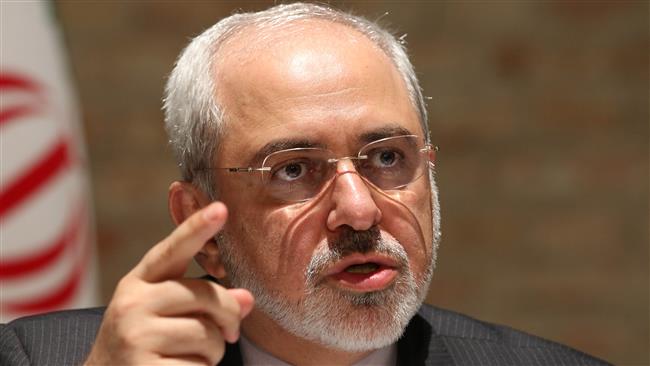Iran’s Foreign Minister has fired the latest shot at the US in an escalating rhetorical battle between the two countries, proclaiming that “US officials should worry more about saving their own regime than changing Iran’s”.
Mohammad Javad Zarif (pictured) has been seen as a force for engagement, including his prominent role in the 2015 nuclear deal between Iran and the 5+1 Powers, but he has accompanied other regime officials — including the Supreme Leader — in the harsh denunciations of Washington in recent weeks.
Iran has been unsettled both by Donald Trump’s visit to Saudi Arabia in late May, with the announcement of the sale of $110 billion of US weapons to Riyadh, and by the imminent adoption of tougher sanctions by the US Senate.
Although the sanctions are unlikely to be enforced, because of a Presidential waiver that Trump extended last month, they are a symbolic bolster to US restrictions that continue to deter European trade and investment links for Iran’s fragile recovery.
Zarif’s intervention was prompted by Wednesday’s testimony by Secretary of State Rex Tillerson to a Congressional committee that Iran “continues activities and interventions that destabilize the Middle East”. Tillerson also said the US will “work toward support of those elements inside of Iran that would lead to a peaceful transition of that government”.
The Iranian Foreign Minister hit back yesterday with invocation of the US role in the 1953 coup that topped the nationalist Mossadegh Government and restored the power of the Shah.
1|4 Before reverting to unlawful & delusional regime-change policy towards #Iran, US Administration should study and learn from history.
— Javad Zarif (@JZarif) June 15, 2017
2|4 The 1953 coup debacle & the 1979 Revolution proved that Iranian people are impervious to outside attempts to decide their destiny.
— Javad Zarif (@JZarif) June 15, 2017
Earlier on Thursday, the Foreign Ministry said Tillerson’s “interventionist” remarks violated international law. Spokesman Bahram Qassemi said the US “meddling in Iran in different forms” since the 1950s had only brought about “defeat and global shame” for Washington.
“Confusion, vulnerability to false insinuations and escape from reality are among the distinctive features of the new American government’s foreign policy,” he declared, assuring that Iranians would protect “the sovereignty of the country, the government, and ideals with unity, prudence, rationality and wisdom”.

